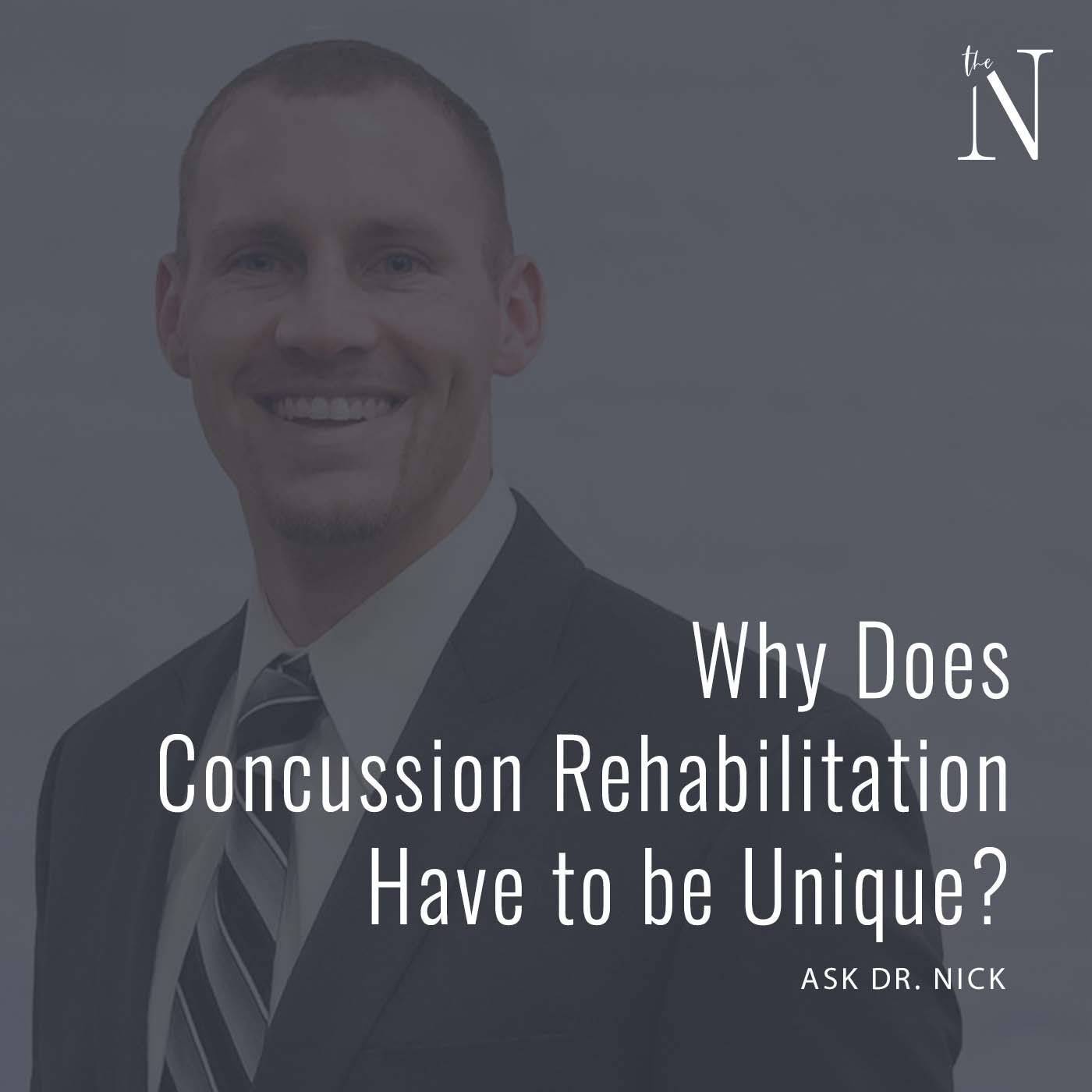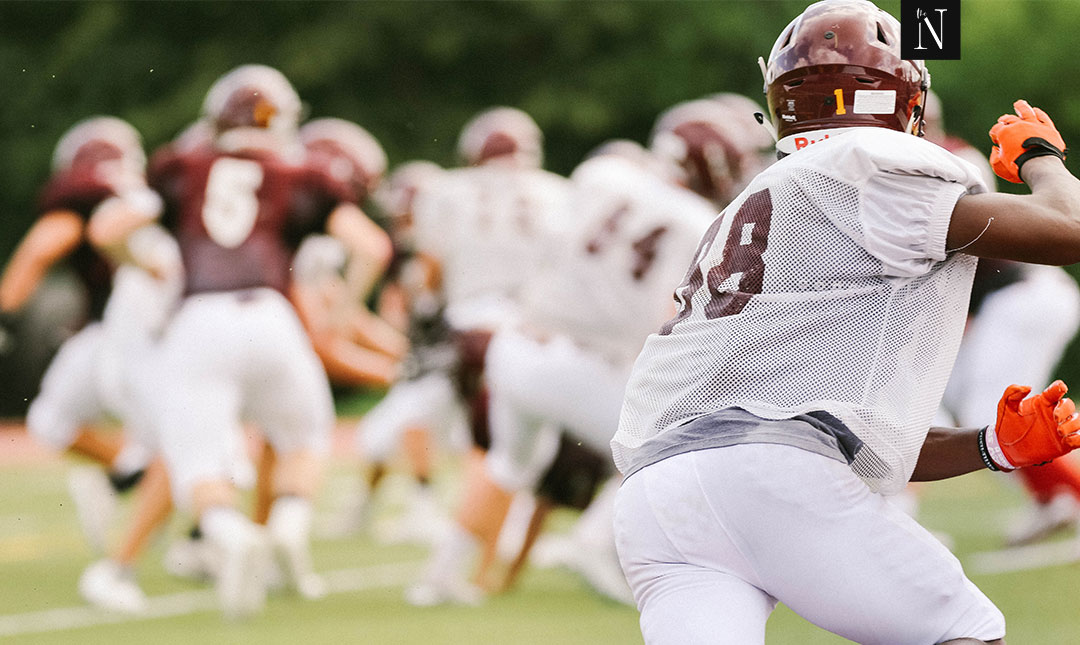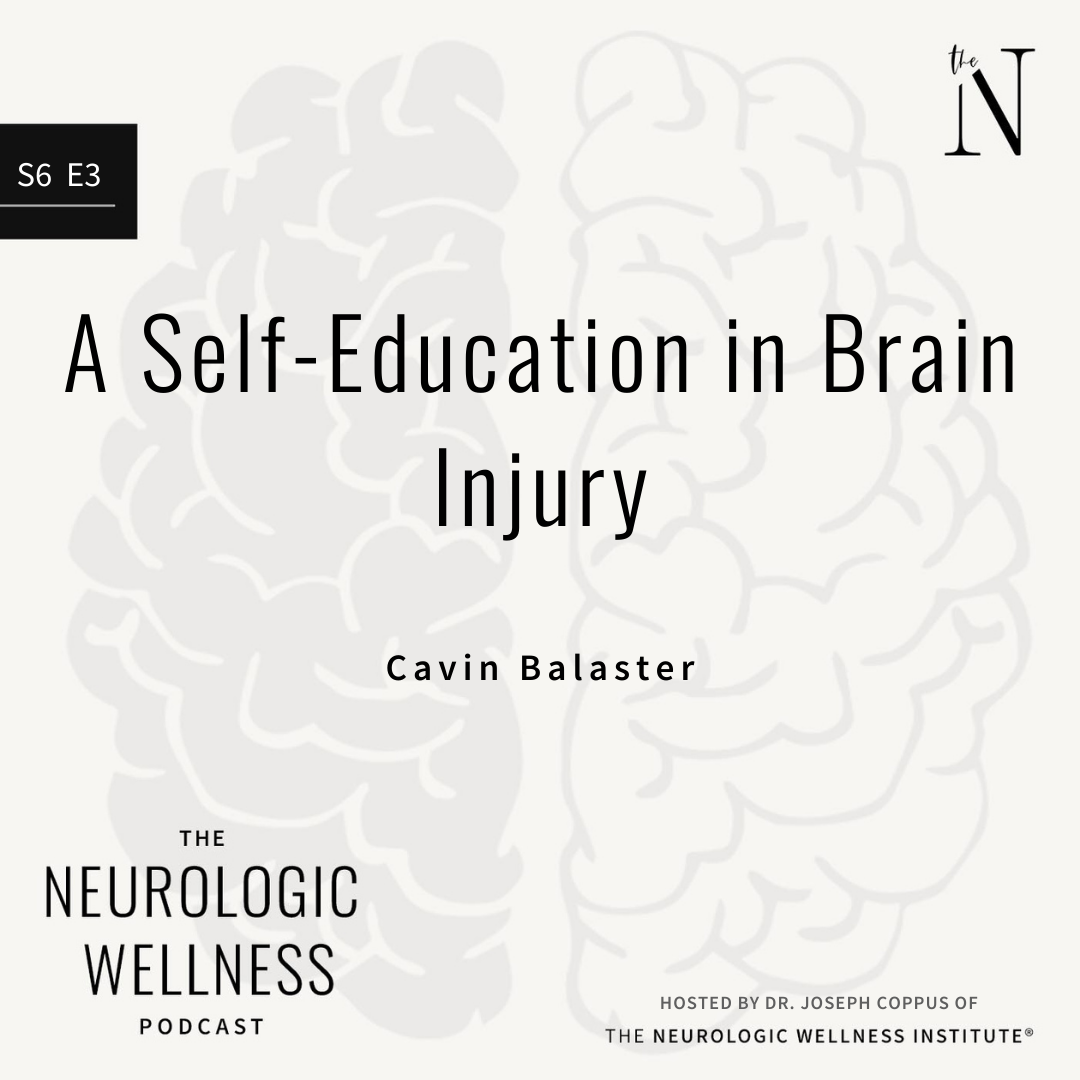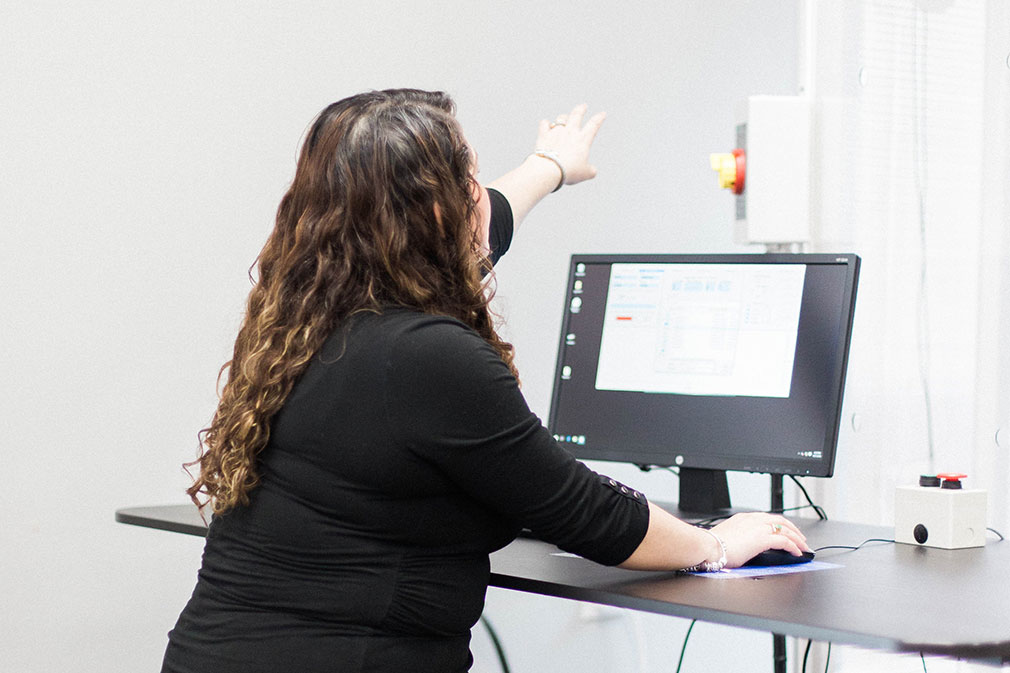About four-million high school and college athletes report at least one concussion each year. Concussions account for about 5% of total injuries across all sports, with American football, girls soccer, boys soccer, and girls basketball resulting in the majority of concussion in America. The majority of individuals who suffer from sports-related concussion fully recover within a few days to several weeks. However, there is a portion of the population who experience symptoms beyond the generally accepted time frame for recovery. Recovery is interpreted as the resolution of symptoms and clearance to return to sports activity. This condition is commonly referred to as post-concussion syndrome (PCS), a term used to describe the presence of nonspecific signs and symptoms that are linked to several possible causes that do not necessarily reflect ongoing physiological brain injury.
A multitude of risk factors for developing PCS has been identified in the literature including the severity of initial symptoms, prolonged headache, subjective concentration deficits, female gender, referral to a concussion rehabilitation program, history of prior concussion, dizziness, vestibulo-ocular dysfunction, and younger age. Others have also reported a history of psychological (e.g. depression, anxiety) or neurodevelopmental (e.g. attention-deficit/hyperactivity disorder [ADHD], learning disability [LD]) disorders as risk factors for developing PCS.
The clinical examination used to assess concussion is variable based on the preferences and experiences of the clinician because there are no established guidelines on the required components. In general, it will consist of the following: a detailed history, neurological examination, cognitive examination including neurocognitive screening, cervical spine screening, balance testing, vestibular-ocular motor screening, and some form of reaction time testing.
Symptoms of headache, dizziness, and self-reported cognitive impairments are associated with delayed recovery. Immediate dizziness is associated with a 6x more likely chance of delayed recovery, headaches associated with a 3.5x increase in the likelihood of delayed recovery, and cognitive impairments a 3.6x increase in the likelihood of delayed recovery. The clinical examination findings during cognitive testing, visual testing, and vestibular testing were also associated with delayed recovery.
Selected symptoms and a standardized clinical examination provide value in identifying individuals who are likely to exhibit a delayed recovery. In particular, a positive finding during vestibular testing and the presence of cognitive impairments identified at initial evaluation were associated with increased odds of a delayed clearance to return to activity. Prognosis of delayed recovery may have greater utility when symptoms are captured and tests are performed early after the onset of the injury. Therefore early concussion testing is recommended to help predict the consequences of the concussion and create an appropriate management plan.
Reference: Clinical examination factors that predict recovery I individuals with concussion. Arch Physiother. 2020.






